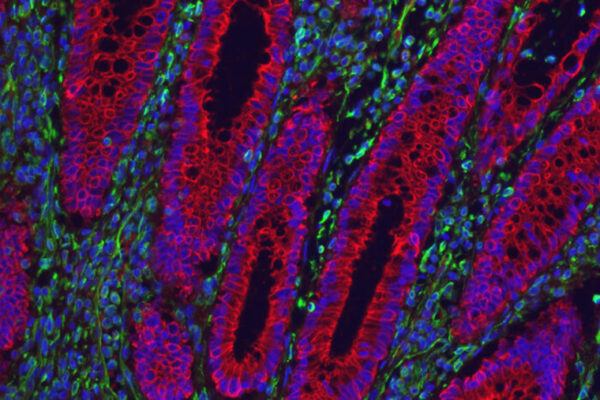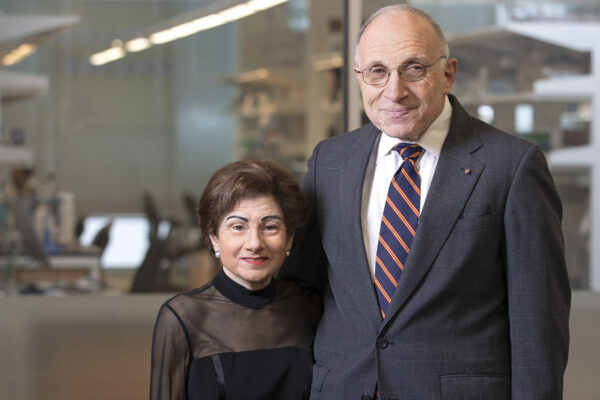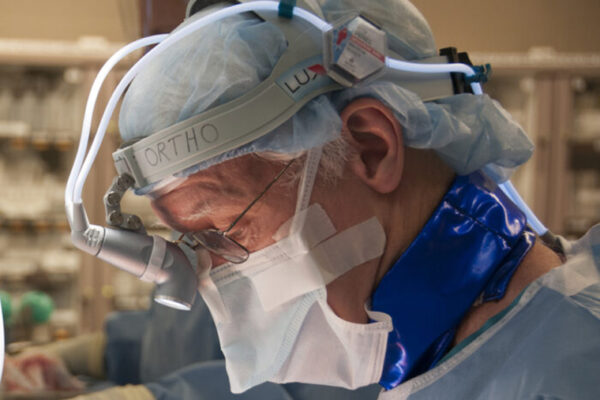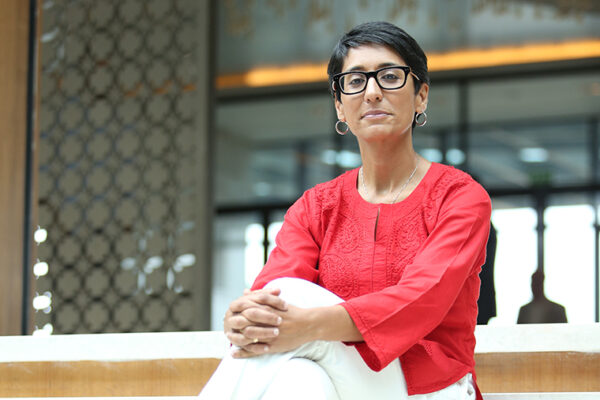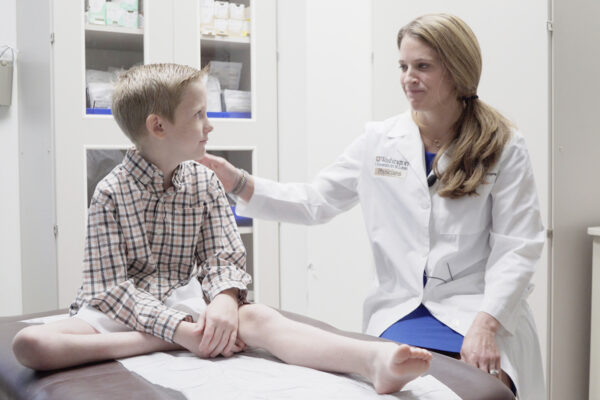Potential new therapy for Crohn’s, colitis identified
Researchers at the School of Medicine have found a compound that may treat inflammatory bowel disease without directly targeting inflammation. The compound tamps down the activity of a gene linked to blood clotting.
Young kids with suicidal thoughts understand concept of death
When very young children talk about wanting to commit suicide, conventional wisdom is that they don’t understand what they’re saying. But School of Medicine research has found that depressed children ages 4 to 6 who think and talk about committing suicide understand what it means to die better than other kids of the same age. They also are more likely to think of death as something caused by violence.
$3.4 million aids effort to make a better flu vaccine
With the aid of a grant from the National Institute of Allergy and Infectious Diseases of the National Institutes of Health, School of Medicine researchers are studying why immunity elicited by the flu vaccine wanes so rapidly. The goal is a better, longer-lasting flu vaccine.
A tool kit for moral courage
The fifth annual Day of Discovery, Dialogue & Action event featured talks, workshops and panel discussions designed to spark questions and conversations on both the Danforth and Medical Campuses, as well as provide a tool kit for purposeful discussion moving forward.
Unnecessary testing for UTIs cut by nearly half
Over-testing for urinary tract infections (UTIs) leads to unnecessary antibiotic use, which spreads antibiotic resistance. Infectious disease specialists at the School of Medicine made changes to hospital procedures that cut urine tests by nearly half without compromising doctors’ abilities to detect UTIs.
Needlemans commit $15 million aimed at therapies for chronic diseases
The School of Medicine has received a $15 million commitment from longtime benefactors Philip and Sima Needleman to support two cutting-edge research centers aimed at developing new treatments for diseases that collectively affect millions.
For adult scoliosis, surgery, other treatments are viable options
A School of Medicine study of adults with lumbar scoliosis and found that the most important factor in determining whether to do surgery is the extent of a patient’s disability due to his or her spinal deformity, as well as how much that disability interferes with day-to-day life.
Honest diversity: A Q&A with Irshad Manji
Bestselling author Irshad Manji, keynote speaker for the fifth annual Day of Discovery, Dialogue & Action event Feb. 19 and 20, talks about her notion of moral courage and how that relates to diversity. Her talk, “Moving Beyond Labels: A Conversation About Diversity, Bigotry & Common Humanity,” begins at 5 p.m. Feb. 19 at the Eric P. Newman Education Center on the Medical Campus.
Nerve transfer surgery gives hope to children with rare paralyzing illness
School of Medicine surgeon Amy Moore, MD, has performed nerve transfer surgeries on children stricken with a rare paralyzing illness called acute flaccid myelitis. Researchers believe the condition may be caused by a common enterovirus.
Less anesthesia during surgery doesn’t prevent post-op delirium
One in four older adults experiences delirium after surgery. However, School of Medicine researchers have found that closely monitoring brain activity and minimizing anesthesia if needed has no significant effect on the occurrence of delirium.
View More Stories
